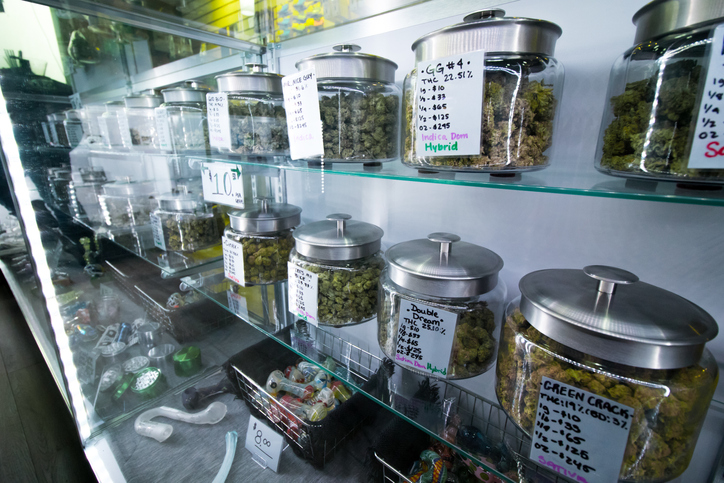In total, nearly 125,000 cannabis cases are being dismissed in Los Angeles County
By Sam Catanzaro
Los Angeles County District Attorney George Gascón announced this week that his office — with support from The Social Impact Center — has identified nearly 60,000 cannabis convictions that will be dismissed.
“Dismissing these convictions means the possibility of a better future to thousands of disenfranchised people who are receiving this long-needed relief,” Gascón said. “It clears the path for them to find jobs, housing and other services that previously were denied to them because of unjust cannabis laws.”
Gascón–the co-author of Proposition 64, the 2016 measure that made cannabis legal in California–was joined today by Felicia Carbajal, executive director and community leader of The Social Impact Center, a nonprofit organization that serves as a bridge between government, grassroots organizations and people in underserved communities; Lynne Lyman, former director of the Drug Policy Alliance; Public Defender Ricardo García and Alternate Public Defender Erika Anzoategui.
“Giving people with cannabis convictions a new lease on life by expunging the records is something I have worked on for years and I am grateful that we can now make it happen,” Carbajal said.
In Los Angeles County, roughly 66,000 cannabis convictions were dismissed last year after Assembly Bill 1793 was passed that tasked prosecutors in California with affirmatively reviewing the convictions.
However, the review only covered cases from state Department of Justice data. Further examination of Los Angeles County court records uncovered approximately 58,000 felony and misdemeanor cases dating back more than three decades that are eligible for dismissal.
In total, nearly 125,000 cannabis cases are being dismissed in Los Angeles County. The latest batch of cases eligible for dismissal could come as a surprise to people who either thought their convictions were already dismissed last year or were not aware they are eligible for resentencing.
Although no law required prosecutors to take further action on the cannabis convictions, Gascón’s office says he wanted “to ensure by sealing their records, it would no longer hamper the ability of those convicted from obtaining employment, affecting their immigration status or receiving educational opportunities.”












